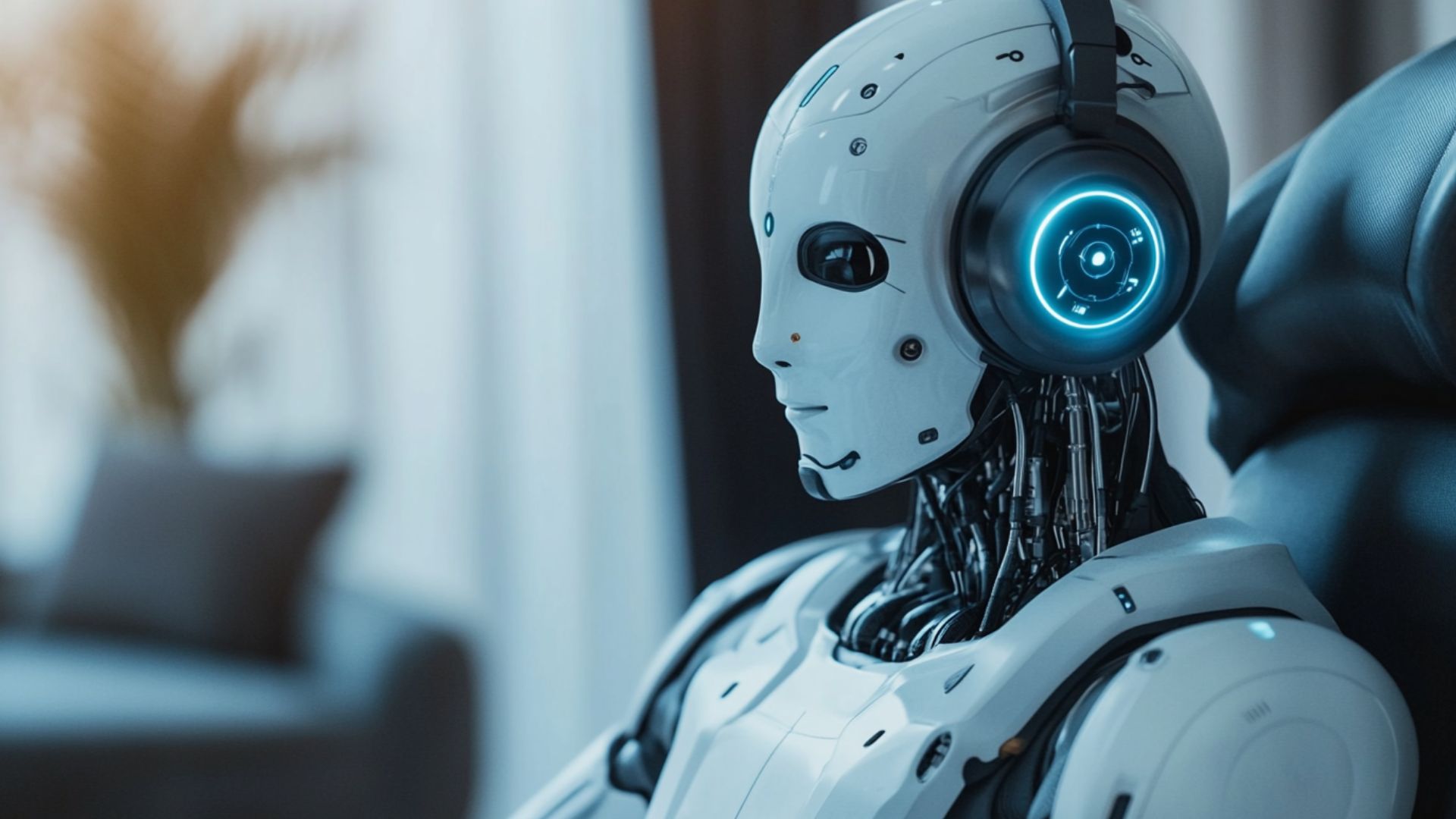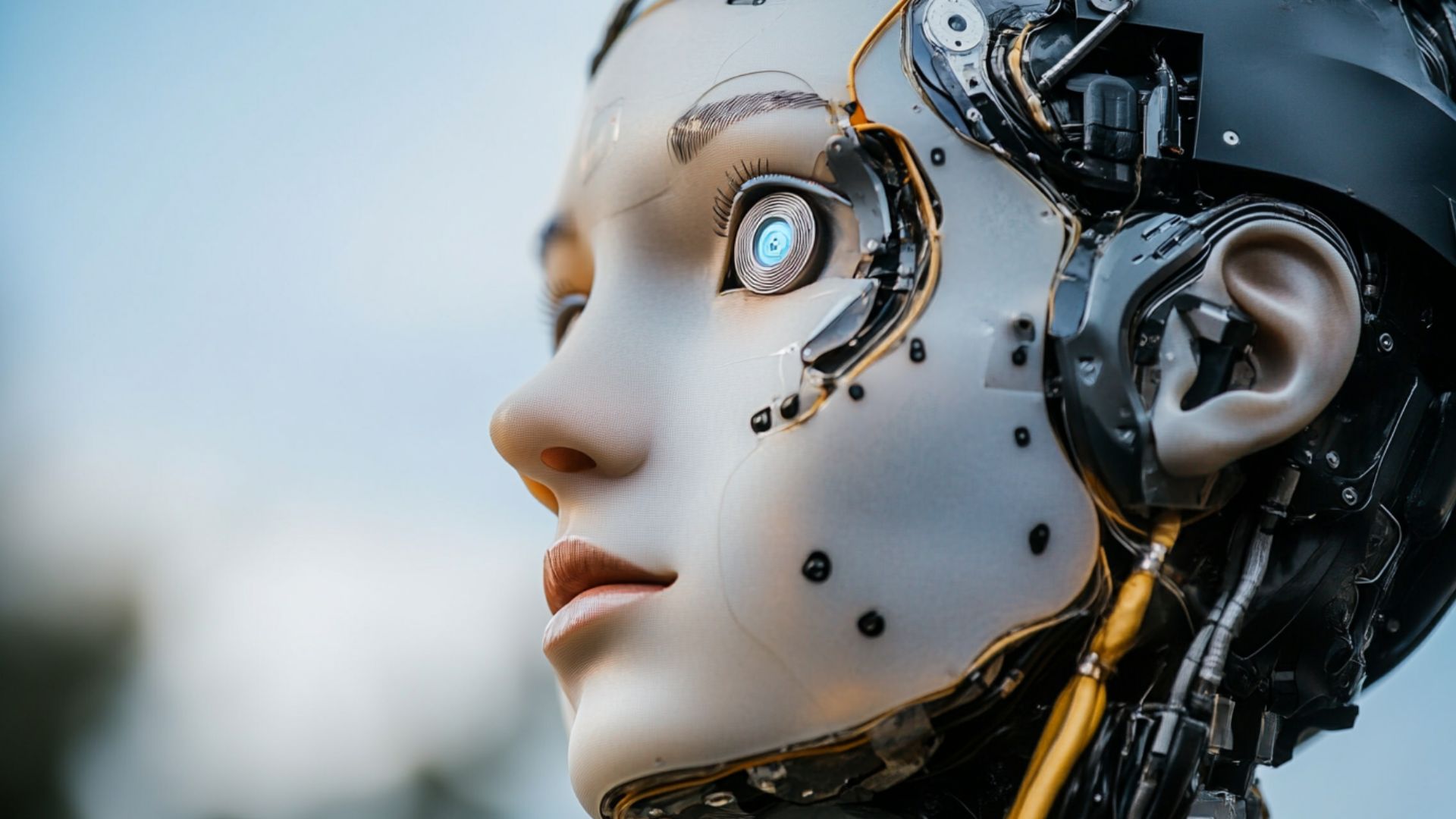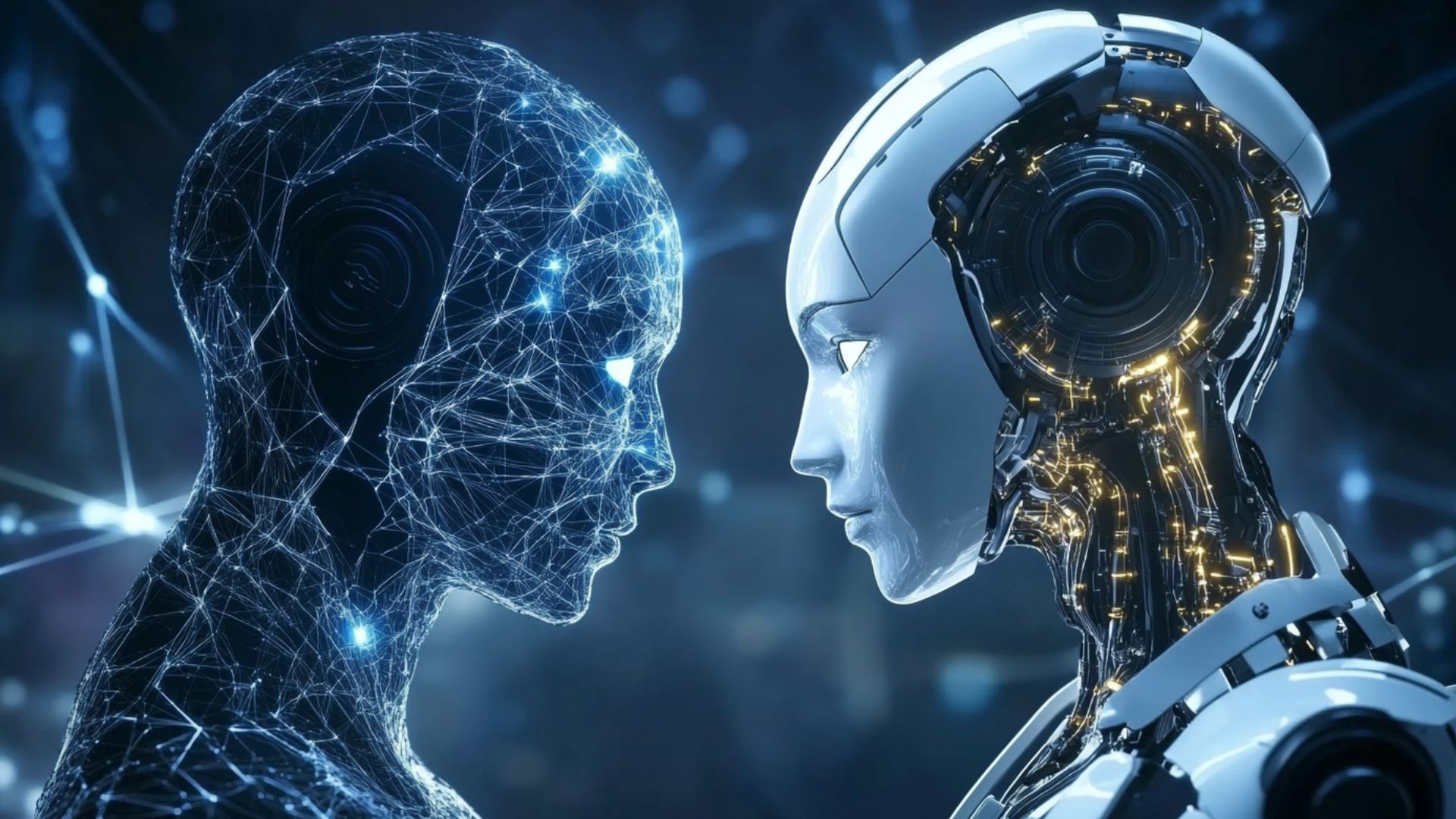Generative AI in Healthcare: Uses, Risks, and Examples

The medical field has always been important. There, innovation is highly valued and crucial to saving lives. Despite technological advancements, the medical industry still faces challenges. Healthcare costs will rise 7% in 2025 due to staff burnout and labor shortages. These increases are driven by wage issues and inflation. The industry is looking for new technologies to provide good care without high costs. One of the key areas is generative artificial intelligence (AI). This technology increases speed, improves accuracy, and opens the door to innovation. We're only beginning to understand its potential.
We will discuss the possibilities of generative AI in healthcare. Let's look at its applications and some ethical considerations. Concerns about data privacy, moral dilemmas, and the potential for biased or inaccurate outputs exist. They highlight the need for careful implementation. Maintaining a balance between automation and human oversight is crucial. It preserves trust and empathy in healthcare. The healthcare sector must understand its uses and challenges. It can harness generative AI's capabilities while addressing its limitations responsibly.
Understanding Generative AI in Healthcare
Generative AI in healthcare refers to applying advanced machine learning (ML) algorithms to create new data, insights, or solutions that support medical practices. Generative AI models analyze vast datasets. They identify patterns and generate outputs, including synthetic medical images, predictive analytics, and personalized care strategies. Such patterns and generated outputs drive innovation in modern medicine. Why is AI important in healthcare? Let's discuss:
- Analyzing Large Datasets: Leverages vast amounts of medical data, including patient records, imaging, and research studies. It uses deep learning to identify complex patterns within the data.
- Creating Synthetic Data: Generates realistic medical images or datasets for training purposes. Supports the development and testing of AI models without risking patient privacy.
- Enhancing Diagnostic Accuracy: Aids in creating predictive models for early disease detection. Improves diagnostic tools by generating detailed, data-driven insights.
- Personalized Treatment Plans: Utilizes patient-specific data to suggest tailored care strategies. Ensures treatments are optimized for individual health profiles.
- Accelerating Drug Discovery: Simulates molecular structures and predicts drug interactions. Speeds up the development of new medications by generating viable candidates.
- Automating Administrative Tasks: Creates templates for documentation, reports, and patient communications. It saves time for healthcare providers, allowing them to focus on patient care.
The impact of generative AI for healthcare is transformative. It reshapes how medical professionals diagnose, treat, and manage diseases. They do it with precision and efficiency.
The Core Technologies Behind Generative AI
Foundational technologies power the transformative capabilities of gen AI. They include machine learning (ML), neural networks, and natural language processing (NLP). These technologies form the backbone of gen AI in healthcare. They enable innovations in diagnostics, treatment, and patient care. Foundational technologies are powering generative AI:
- Machine Learning (ML): Trains algorithms to learn patterns from large datasets. Drives the ability of generative AI to predict outcomes and generate new insights.
- Neural Networks: Mimic the structure of the human brain to process complex data. Enable tasks like image generation, pattern recognition, and predictive modeling.
- Natural Language Processing (NLP): Allows generative AI to understand and generate human-like text. Supports applications such as patient communication and medical report summarization.
- Generative Adversarial Networks (GANs): Create realistic synthetic data using two neural networks. These are medical images that enhance AI training while preserving patient privacy.
AI projects in healthcare continue to revolutionize the field by integrating these technologies. It drives precision and innovation in medical practices.
Why Generative AI Matters in Healthcare
Generative AI offers transformative benefits to the medical field. They improve efficiency, accuracy, and personalization in patient care. This table outlines the key advantages of AI in healthcare and its impact on the industry. Check the table below:
| Benefit | Description | Impact |
| Enhanced Decision-Making | Provides data-driven insights. It analyzes vast and complex datasets. | Improves diagnostic accuracy and supports informed clinical decisions. |
| Task Automation | Automates repetitive tasks, such as medical documentation and appointment scheduling. | It frees up healthcare professionals to focus on patient care. |
| Personalized Solutions | Generates tailored treatment plans. Care recommendations are 100% based on individual patient data. | Enhances patient outcomes through customized healthcare approaches. |
| Accelerated Drug Discovery | Simulates molecular interactions to identify potential drug candidates faster. | Reduces time and cost associated with developing new medications. |
| Data Synthesis | Creates synthetic datasets for research and training. This happens without compromising patient privacy. | Supports AI model development. It adheres to privacy regulations. |
| Improved Patient Engagement | Powers chatbots and virtual assistants for real-time patient interaction and support. | Enhances accessibility and satisfaction by providing consistent, 24/7 assistance. |
The adoption of gen AI in healthcare enables medical institutions to provide more innovative care. It significantly elevates the standards of modern medicine.
Key Use Cases of Generative AI in Healthcare

Generative AI use cases demonstrate its transformative potential across various aspects that concern medical services, diagnostics, and treatments. These applications illustrate how technology improves accuracy and personalization. Here are real-world applications of AI services in healthcare:
- Drug Discovery and Development: Accelerates the identification of new drug candidates. Simulates molecular interactions to reduce the time and cost of drug trials.
- Medical Imaging: Generates high-quality synthetic images for AI model training. Enhances diagnostic accuracy by creating detailed visual data.
- Personalized Treatment Plans: Analyzes patient data to design customized care strategies. Optimizes treatment outcomes by tailoring approaches to individual needs.
- Clinical Decision Support: Provides predictive analytics to assist in diagnosing diseases. Generates recommendations for treatment options based on historical data.
These generative AI use cases in healthcare highlight its ability to revolutionize delivery. It enables more innovative and patient-focused medical practices.
Generative AI in Medical Imaging and Diagnostics
Generative AI is transforming medical imaging and diagnostics. It enhances imaging techniques, uncovering intricate patterns and significantly improving diagnostic accuracy. The applications of generative AI in this domain are revolutionizing. They transform how medical professionals detect and treat diseases. Let's discuss the impact of generative AI in medicine:
- Enhancing Image Quality: AI algorithms generate high-resolution images from lower-quality scans. Improves visibility of minute details, aiding in accurate diagnoses.
- Creating Synthetic Medical Images: Produces realistic synthetic images for training AI models. Facilitates research and development without compromising patient privacy.
- Early Disease Detection: Identifies patterns in imaging data. It may indicate early stages of diseases like cancer. Assists radiologists by flagging abnormalities for closer examination.
- Automating Image Analysis: Generative AI medicine analyzes medical images to detect conditions, like tumors, fractures, or organ anomalies. Reduces the time required for healthcare professionals to interpret manuals.
- Improving Diagnostic Consistency: Provides standardized analyses across different cases and imaging modalities. Minimizes variability in diagnostic interpretations among radiologists.
- Integrating Multimodal Data: Combines imaging data with other patient records to generate comprehensive diagnostic insights. Enhances precision by correlating visual patterns with clinical history.
Healthcare generative AI empowers medical professionals to deliver faster and patient-focused diagnostic solutions. This happens through these advancements.
Personalized Medicine and Drug Discovery
AI services are revolutionizing how treatments and drugs are developed. Below is a breakdown of the key contributions:
- Rapid Drug Candidate Generation: AI models are generative algorithms that design potential drug molecules faster than traditional methods. Such models analyze billions of chemical combinations. They reduce time and cost in early-stage drug discovery.
- Personalized Treatment Development: AI services in healthcare create treatment plans. They are tailored to individual patients. It analyzes genetic data, medical history, and lifestyle factors. This precision reduces adverse effects and improves therapeutic outcomes.
- Predictive Toxicology and Efficacy: Generative AI simulates how drugs interact with human cells. It helps to predict efficacy and potential side effects. This minimizes failure rates in clinical trials.
- Accelerated Clinical Trials: AI optimizes patient selection. It identifies those most likely to respond to a treatment. Streamlined trial designs save time and improve success rates.
- Repurposing Existing Drugs: AI models identify new applications for them. They offer quicker solutions to emerging health issues.
The industry must leverage AI solutions in healthcare. This is making strides toward more efficient, cost-effective, and patient-centered innovations.
Risks and Ethical Considerations of Generative AI in Healthcare
The use of generative AI presents transformative possibilities. It also brings significant risks and ethical challenges. Below are the key concerns:
- Data Privacy and Security Risks: Sensitive patient data used by generative AI could be vulnerable to breaches. Ensuring compliance with regulations like HIPAA is critical.
- Algorithmic Bias: AI algorithms may reflect biases present in training data. They lead to unequal treatment outcomes. This could disproportionately affect underserved populations.
- Lack of Transparency: The nature of generative AI medicine is a "black box." This makes it difficult to interpret the decision-making process. It challenges trust and acceptance.
- Ethical Concerns in Decision-Making: Using AI raises questions about accountability. Misdiagnoses or inappropriate recommendations could have severe consequences.
- Over-Reliance on AI: Healthcare professionals may become overly dependent on AI. They reduce critical thinking and human oversight.
Data Privacy and Security Challenges
Sensitive patient data is at significant risk. This happens because of various factors, including cyberattacks, data breaches, and insider threats. AI models in healthcare improve diagnosis and treatment. They also increase the potential for security vulnerabilities. Compromised, sensitive health information can be exploited for identity theft. It can lead to fraud or medical malpractice.
Key data privacy and security challenges include:
- Unencrypted Data: This risk is particularly critical during data storage and transmission.
- Weak Access Controls: This includes weaknesses in authentication methods.
- Insecure AI Model Deployment: This challenge also involves integration.
- Non-Compliance: Such challenges include privacy regulations like HIPAA.
- Human Error: This may be mishandling of data.
It is crucial to ensure robust security measures. They include encryption, multi-factor authentication, and regular audits. Such measures safeguard against these risks. AI models must be designed with built-in security. This will prevent data misuse.
Ethical Implications of AI-Driven Decisions
AI-driven medical decisions raise significant ethical challenges. They are particularly biased, accountable, and human oversight. Here are the main types of AI applications in healthcare:
- Diagnostic AI: Analyzes medical data to assist in diagnosis.
- Predictive Analytics: Forecasts patient risks.
- Robotic Surgery: AI aids in surgical precision.
- Virtual Assistants: AI provides patient support.
How is AI affecting the medical area? Let’s explore:
- Increased Efficiency: Streamlines processes, reducing wait times.
- Improved Accuracy: Enhances diagnostic precision.
- Cost Reduction: Lowers operational costs.
- Personalized Care: Tailors treatments to individual needs.
Ethical concerns include bias, privacy, and autonomy. Over-reliance on AI could erode human judgment. It demands careful human oversight to preserve trust and ensure fairness.
Examples of Generative AI Transforming Healthcare

Generative AI revolutionizes the medical field by streamlining research. It also enhances diagnostics and personalized treatment plans. There are some specific examples of how AI is affecting healthcare:
- Drug Discovery Case Study: Insilico Medicine uses AI to design novel molecules for drug development. AI models analyze vast chemical databases. They predict which molecules could become effective drugs. This method drastically reduces the time needed for early-stage drug discovery.
- Medical Imaging Innovation: Zebra Medical Vision leverages AI. It improves the quality of medical imaging. AI algorithms generate enhanced images and fill gaps in incomplete scans, providing more accurate data for diagnosis, particularly in areas like radiology.
- Personalized Medicine Case Study: IBM Watson Health utilizes AI. It crafts customized treatment plans, especially in oncology. By analyzing genetic data and patient history, AI can suggest individualized therapies. It improves outcomes for patients with complex conditions like cancer.
Generative AI is enhancing healthcare. It speeds up innovation, improves accuracy, and delivers more personalized care.
The Future of Generative AI in Healthcare
The potential of how AI is helpful in healthcare is immense. This is particularly true with its ability to transform the industry. Here's what the future may hold:
- Revolutionizing Patient Care: Generative AI enables hyper-personalized treatments. It improves patient outcomes and reduces healthcare disparities. AI-driven diagnostics and real-time monitoring ensure proactive and precise care.
- Addressing Current Challenges: Advanced algorithms tackle inefficiencies in drug discovery. They reduce costs and time-to-market for new treatments. Generative AI supports medical professionals in managing large-scale data. It alleviates administrative burdens.
- Enhancing Collaboration: AI fosters global partnerships by sharing insights across institutions. It accelerates medical breakthroughs.
- Shaping the Industry's Future: Integrating AI into wearable technology and telemedicine is critical. This makes healthcare more accessible and inclusive. Continuous innovation ensures sustainable solutions for emerging healthcare needs.
The answer to how AI is helpful lies in its ability to enhance efficiency and patient outcomes. It shapes a resilient, forward-thinking medical system. Follow Newo.ai to know all the news.


